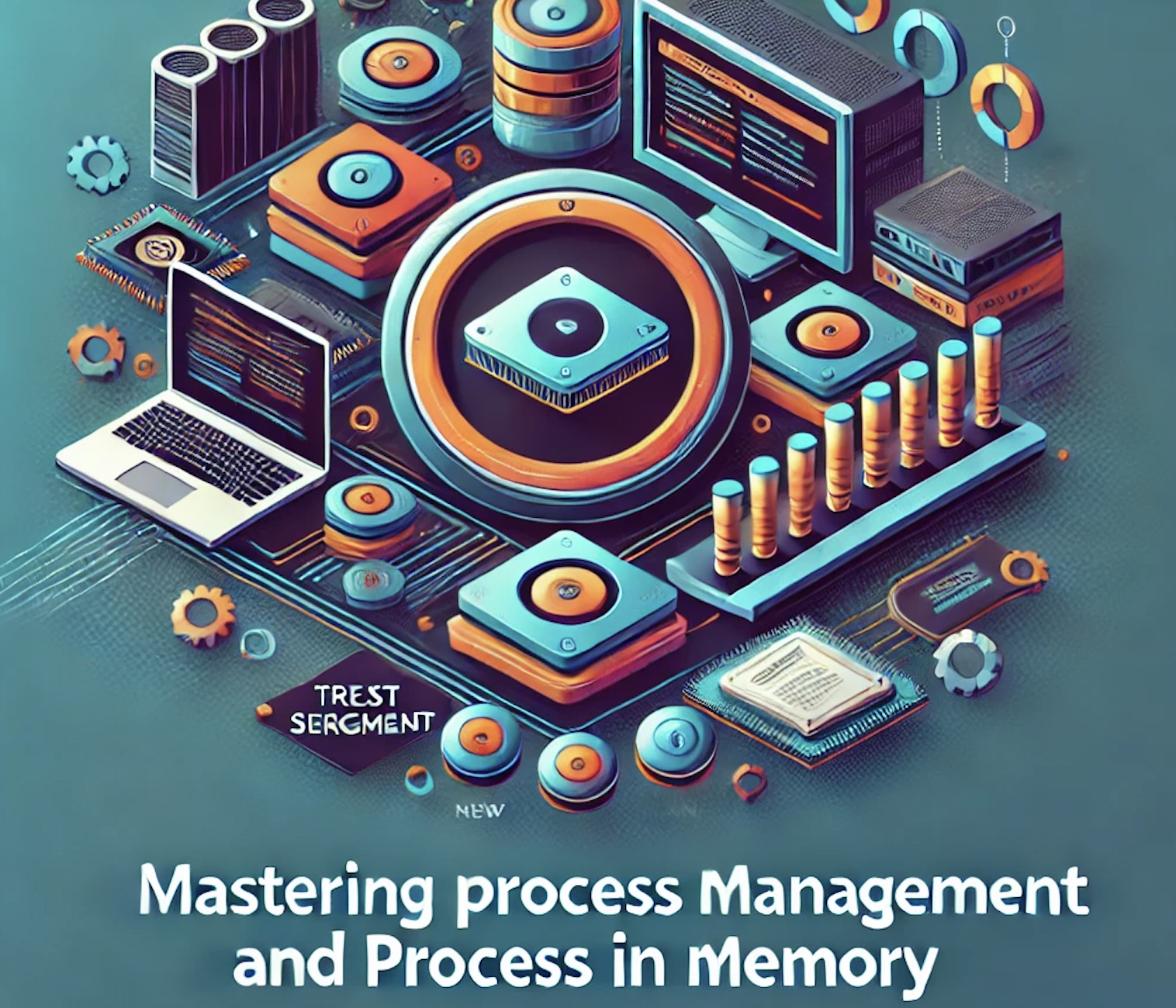Introduction In the realm of operating systems (OS), process scheduling plays a crucial role in ensuring efficient CPU utilization and smooth multitasking. The scheduler is responsible for deciding which process gets to execute at any given time, ensuring that system …
Discover the fundamentals of CPU scheduling in operating systems. This guide covers key terminologies, different scheduling algorithms, and their impact on system performance, complete with numerical examples. Introduction CPU scheduling is a fundamental concept in operating systems that ensures efficient …
Imagine you’re working on your computer, and you have several tasks open—maybe a web browser, a music player, and a word document. But, you can only focus on one thing at a time. Your brain quickly switches between these tasks, …
Introduction In the realm of modern operating systems, efficient process management is crucial for multitasking and maintaining system stability. The Process Control Block (PCB) is a fundamental data structure that plays a central role in process management, providing the operating …
Introduction to Process Management Process management is a cornerstone of operating systems, playing a critical role in ensuring that a computer system runs efficiently and smoothly. It manages the execution of multiple processes, optimizes the use of CPU, and ensures …
Introduction Process management is a core function of any operating system (OS), crucial for the smooth execution of multiple programs on a computer. It involves overseeing processes—programs in execution—by allocating resources, scheduling tasks, and ensuring that all operations run efficiently. …
Introduction to Distributed Operating Systems A Distributed Operating System (DOS) is an advanced operating system that manages a group of independent computers and makes them appear to be a single computer. These interconnected computers communicate through a shared network, allowing …
Introduction to Time-Sharing Operating Systems A Time-Sharing Operating System allows multiple users to access and use a computer system simultaneously by allocating a fixed time slice or quantum to each task. This system ensures that all tasks receive CPU time, …
Introduction to Multi-Processing Operating Systems A Multi-Processing Operating System utilizes more than one CPU for executing tasks. This setup significantly enhances the throughput of the system, allowing it to handle more processes simultaneously. Multi-processing systems are essential in environments where …
Introduction to Multiprogramming Operating System A Multiprogramming Operating System allows multiple programs to run concurrently on a single processor. If a program needs to wait for an I/O operation, other programs can utilize the CPU, preventing idle time and optimizing …
Introduction to Process Scheduling In computing, scheduling refers to the method by which work specified by some means is assigned to resources that complete the work. The work may be processes, threads, or data flows, and the resources may be …
Introduction Process management and process in memory are fundamental concepts in operating systems. They are crucial for efficient and effective system performance. This comprehensive guide will delve into these topics, providing detailed explanations, practical applications, and real-world examples. Whether you’re …









